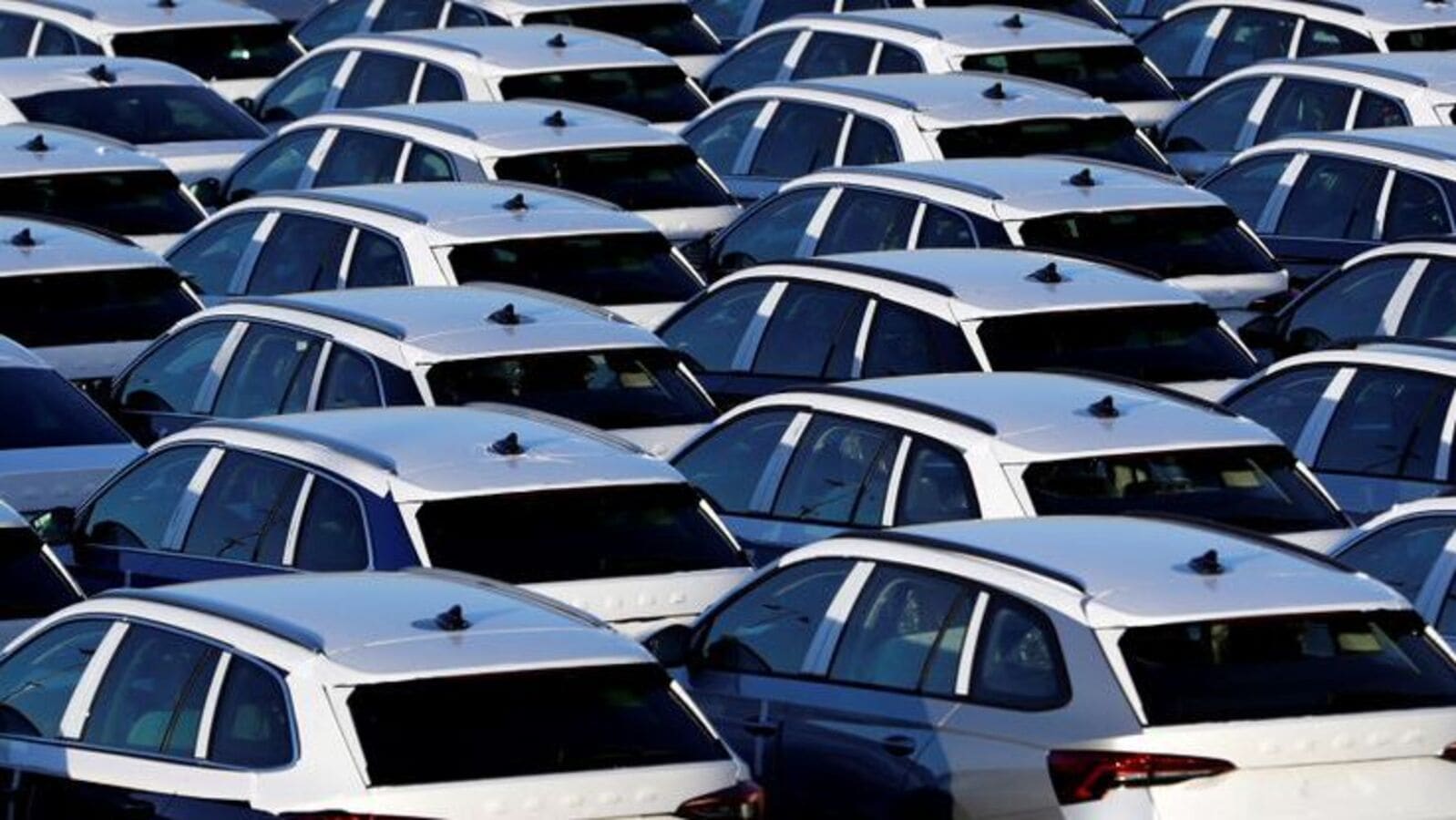- New car registrations up 1.7 per cent in May while battery EV market share rises to 17.6 per cent in the month.
The UK’s Society of Motor Manufacturers and Traders (SMMT) recently released data on registrations of new four-wheelers in the country and has reported the 22nd consecutive month of growth. May of 2024 saw a 1.7 per cent growth in the number of vehicle registrations, with 1,47,678 units heading for the public roads. This marks the best May month result for the market since 2021, but it is down -19.6 per cent from 2019.
Market growth was primarily driven through intake from fleets and businesses, and registrations to both grew by 14.0 per cent and 9.5 per cent respectively. This was enough to marginally offset a decline of -12.9 per cent within the private retail sector.
Also Read : Tata Motors aims to be zero-emission brand by 2045
Diesel and petrol car deliveries have declined, and at the same time, electric vehicles have seen a surge in demand. While diesel car registrations reduced by -16.7 per cent, plug-in hybrids made the highest sales with a 31.5 per cent upwards growth compared to the same period last year. This made it gain an eight per cent market share.
Zero-emission future possible but not guaranteed

Registrations of hybrids rose by 9.6 per cent since the same period last year and left them with a market share of 13.2 per cent, making these vehicles the third most popular among all fuel types. At the same time, battery EVs claimed a 17.6 per cent market share after showing an increase in registrations by 6.2 per cent. While the influx of new registrations for EVs indicates positive growth towards sustainability, it is below government-mandated targets. The Vehicle Emissions Trading Scheme demanded that 22 per cent of all vehicles sold by each brand this year must produce zero emissions.
Also Read : Upcoming cars of 2024
The SMMT states that manufacturers require more support to meet these targets and that discounts are not sustainable for brands as it cuts down on their ability to invest in next-gen tech. Making schemes and registration benefits universally available would increase BEV registrations and would hasten the growth towards emission-free roads.
First Published Date: 07 Jun 2024, 08:41 AM IST

